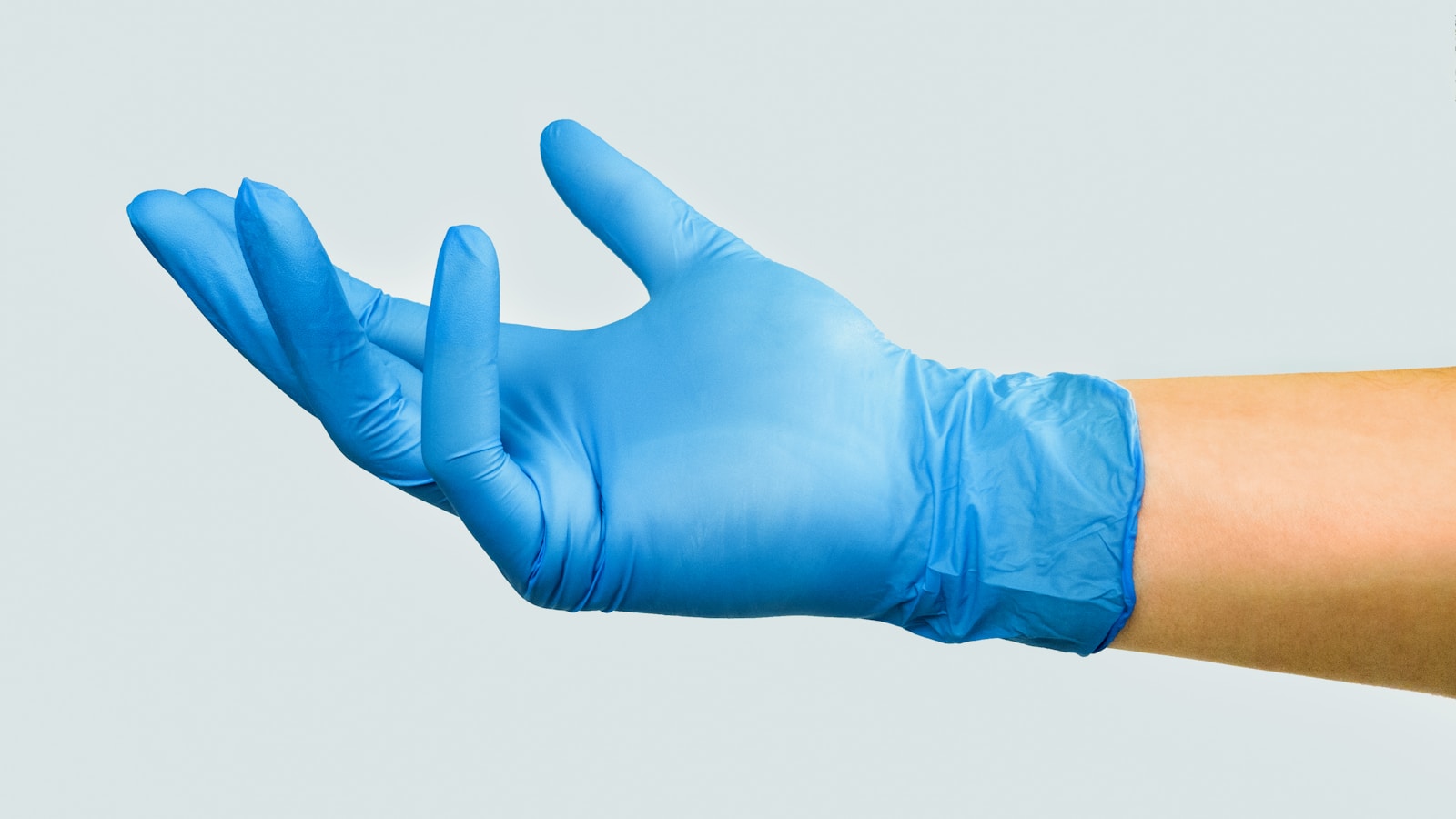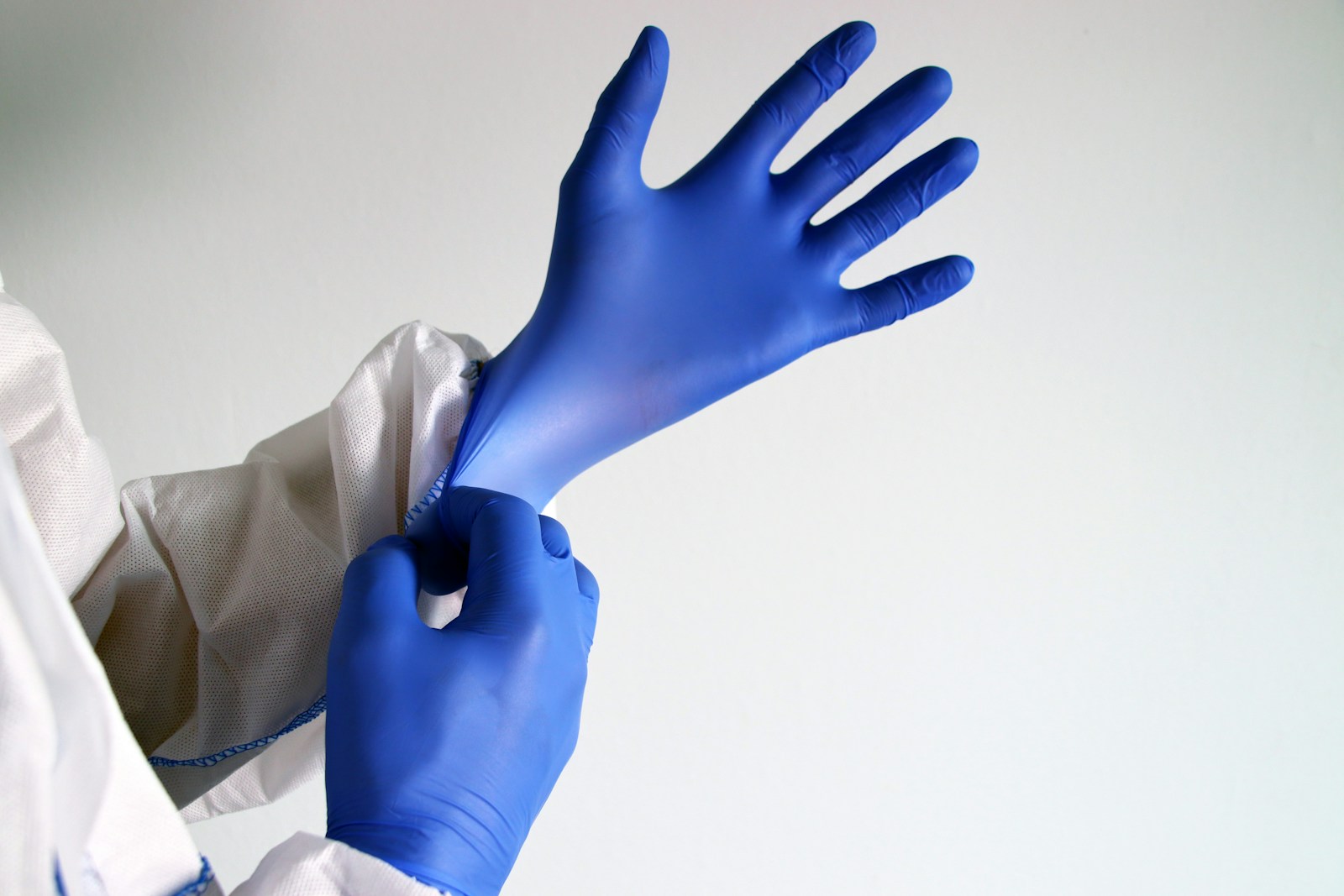Don’t Use Anabolic Steroids
The use of anabolic steroids has become one of the main causes of preventable male factor infertility. Increasing numbers of men, including teenagers, are now taking these steroids. They are sourced in the locker rooms, primarily gyms, to help build up muscle bulk in a bid to make themselves look more “manly”.
However, most are unaware of the side effects from these illegal drugs. They pose significant risks to their long term health, and more specifically their future fertility and sperm count. A lot of men believe they can reverse these effects with more hormones such as HMG, but this is not the case. These steroids can cause the testicles to shrink, stopping sperm production. This means that men taking anabolic steroids, and other drugs like them, may have problems starting or adding to their family in the future.
The science behind this is well known: The anabolic steroids increase testosterone production within the body. This helps build up muscle bulk. However, this also blocks the production of testosterone in the testicles themselves, which is a necessary ingredient for sperm production.
If used for long enough and in high enough doses, the damage to male fertility can become permanent. In some case, it may take up to a year for sperm production to return to normal after having stopped taking the anabolic steroids.
We are seeing an increasing number of men at the clinic who simply aren’t aware of the damage that taking anabolic steroids can do to their long-term health and fertility. If you have taken steroids either recently or even years ago, we advise that you get a semen analysis done to understand if your fertility has been affected.
If you are trying to start a family, now or wish to in the future, it is imperative that you look after your health. This means not taking off prescription drugs or “herbal” remedies of any sort without first consulting an expert. Eat well, exercise regularly and look after yourself.
Consultant Embryologist





